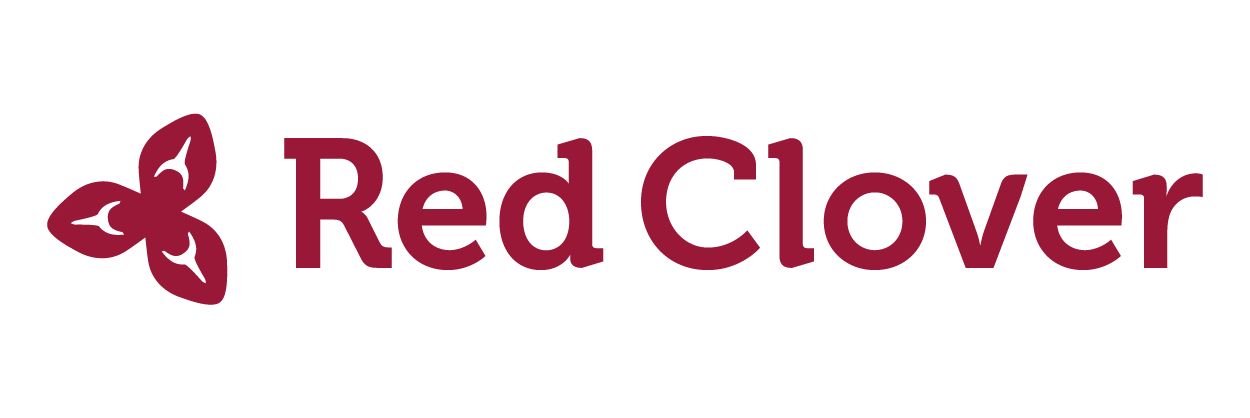Repair Cafe: Second-hand Invitations
Repair Cafe is a newsletter in which Jodi Spargur, director of Red Clover, goes deeper into themes of reparations, theology, and all that is beautiful and broken — through short essays and engagement with reader responses.
Once a month, excerpts from Jodi’s writing here on the Red Clover blog, but do consider subscribing and engaging Jodi’s work on Substack. She also posts on Medium.
Photo by erica steeves on Unsplash
Second-hand Invitations
Have you ever been someone’s plus-one or maybe had access to a place as a friend of a friend? You weren’t the one to receive the invitation. You don’t have direct access to the details, but you do have access to something or somewhere that you have no direct claim to, but you are welcomed into nonetheless. What is to be expected of you under those circumstances? What do you expect of yourself?
In the conversation about repairing the relationship between Indigenous folks and immigrants to this land, how we understand our relationships matters. I want to argue that whether we are descended from original colonial immigrants from Europe or we have come in more recent waves of immigration, we are bound by the invitations and agreements that preceded us.
If, in an invitation to spend a weekend at a friend’s cottage, I get to tag along, even though I have never met the owner of the cottage. I should still be bound to the commitments made to the owner. If we are supposed to leave the linens on the bed, I would expect my friend to communicate that and that this expectation would also extend to me.
Here in the land we refer to as Canada, the stories of first contact between European settlers and the Indigenous Peoples of this land were marked by invitation. Those invitations took various forms as per the customs of the nations where contact was made. We will touch on three types of invitations: the Peace and Friendship Treaties in the east, the Wampum Treaties of the Great Lakes Region and the Welcome Post protocols of the west coast. Often, these invitations, and the agreements made about how the land would be shared were not passed on in reliable ways from those who made the agreements. However, the agreements are, in many cases, still in place. There is still an expectation on the part of Indigenous Peoples that this is how newcomers will live in the land.
What impact does it have on our way of looking at the land and our relationships on it if we see ourselves as guests in another's house? What impact does it have if we understand that our ancestors were welcomed to the land and that there is both a standing invitation and a standing set of responsibilities for being guests on the land?
How might understanding these invitations, treaties, and agreements shape our ways of understanding and re-setting our relationships as a means of beginning the work of repair?
Excerpted from Jodi’s January 9, 2024 newsletter. Read the rest of this piece, and others, on Substack or Medium.

